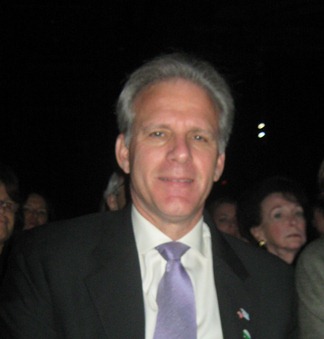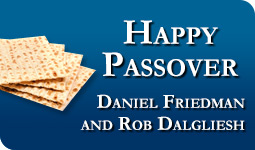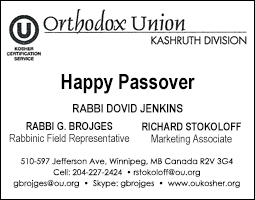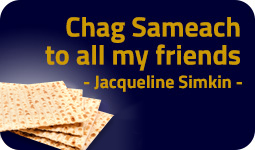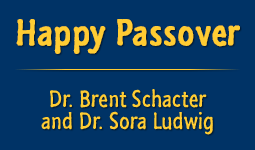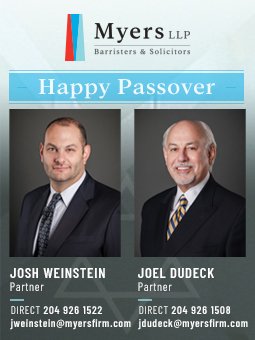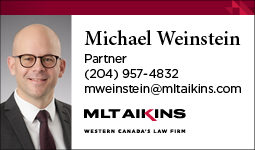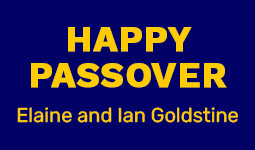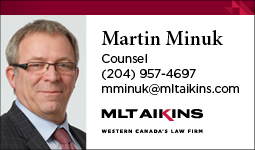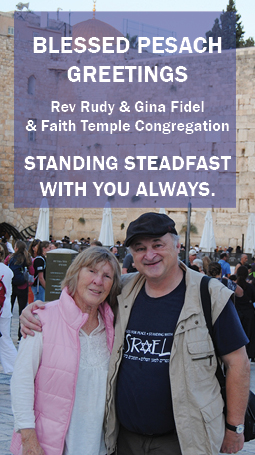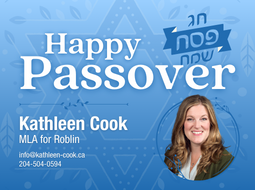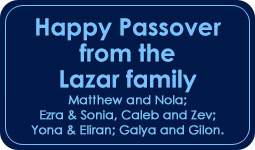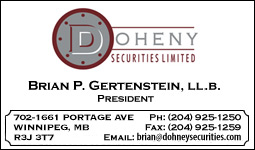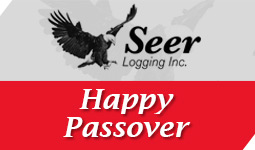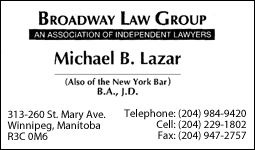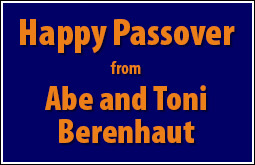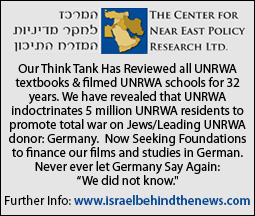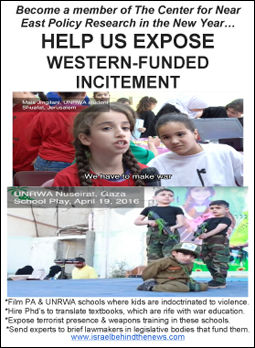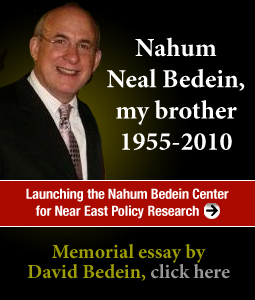The roots of that conflict ran deep. Responding to attacks from Palestinian groups based in Lebanon, Israel invaded the country in 1982. It sought to free the country from terror and Syrian occupation, and to support the emergence of a pro-Western democratic government committed to peace.
These goals—a distant dream for Lebanon today—were nearly achieved. But the massacre of Palestinians by Christian militiamen in Beirut generated international pressure on Israel to withdraw its forces. They remained in a defensive belt along the border for the next 18 years, before fully withdrawing. On May 25, 2000, the First Lebanon War, as it is now known, ended.
The vacuum in Lebanon was filled by Hezbollah—the Party of Allah, in Arabic. The presence of Israeli troops in Lebanon did not create Hezbollah, no more than the presence of American troops in Saudi Arabia created al Qaeda. Rather, Hezbollah sprang from the resentment of Lebanon's long-oppressed Shiite population, and the bounteous backing of Iran.
A year after the First Lebanon War began, in 1983, Hezbollah terrorists killed 241 U.S. servicemen in Beirut. Hezbollah later turned its weapons on Sunnis, Christians and Druze, and, together with Syria, vanquished the country. Prime Minister Rafiq Hariri, a Sunni who resisted Hezbollah's hegemony, was assassinated by a car bomb in February 2005.
The following July, Hezbollah ambushed an Israeli border patrol, killing 10 soldiers, two of whose bodies were held for ransom. The Israeli government under then-Prime Minister Ehud Olmert ordered an immediate counterstrike against Hezbollah's strongholds in the South and its headquarters in Beirut. While hiding behind Lebanese civilians, Hezbollah fired thousands of rockets at Israeli civilians, killing 43. The fighting raged for more than a month before the United Nations Security Council imposed a cease-fire.
The initial results of this Second Lebanon War were misleading. Much of the Arab world hailed Hezbollah leader Hassan Nasrallah for avowedly shredding the "spider web" of Israeli power. Nevertheless, Security Council Resolution 1701 provided for an international force to prevent Hezbollah from re-arming and redeploying south of the Litani River, as close as four kilometers from Israel's border. Israelis, aggrieved by the loss of life and the apparent lack of victory, engaged in candid introspection.
The long-term results of the Second Lebanon War were, in fact, diametrically different. Israeli forces succeeded in deterring Hezbollah. "If we had known that our ambush would have led to this," Nasrallah later admitted on Lebanese television, "we would never have done it." And during Israel's 2008 operation against Hamas in Gaza, Hezbollah remained utterly passive.
Once revered by Arabs, Nasrallah is now reviled for his support of Syrian dictator Bashar al-Assad. Hezbollah gunmen are rumored to have shot at Syrian civilians demonstrating for democracy.
U.N. peacekeepers, meanwhile, have proven both unable and unwilling to fulfill their mandate. Hezbollah now has some 50,000 rockets—four times the number it possessed in 2006. Villages south of the Litani have been transformed into a phalanx of Hezbollah fortresses.
Israel, for its part, rectified the military shortcomings revealed by the war. We have reinforced our home-front defenses and conducted nationwide drills. Most dramatically, Israel has developed an ultra-advanced antiballistic system that recently succeeded in intercepting eight missiles fired by Hamas.
No measures, however, can render Israel invulnerable to attack, especially by an organization dedicated to our destruction and wielding a rocket arsenal larger than those of most industrialized countries. The impunity with which Nasrallah ignored the U.N.-backed Special Tribunal for Lebanon's indictment of four of his senior officers for the Hariri assassination demonstrates the totality of Hezbollah's domination of Lebanon. It also demonstrates the danger Hezbollah poses to peaceful peoples throughout the region.
The unfortunate truth is that Lebanon is no longer an independent and Western-leaning state, but a terrorist stronghold supplied by Syria and subservient to Iran.
Israel does not want a third Lebanon war. Still, we must not forget the lessons of the previous conflicts.
While committed to a two-state solution with the Palestinians, we cannot rely on international forces to guard the borders of a future Palestinian state. Only the Israel Defense Forces can prevent that state from becoming another Lebanon. Next, we can never afford to be complacent and assume that Hezbollah, though deterred, will remain so and not act precipitously on orders from Damascus or Tehran.
Lastly and crucially, events in the Middle East may offer one last chance to liberate the Lebanese people. The Syrian regime might crumble and, with it, Iranian influence. If so, that moment should not be missed.
Mr. Oren is Israel's ambassador to the United States.



























































